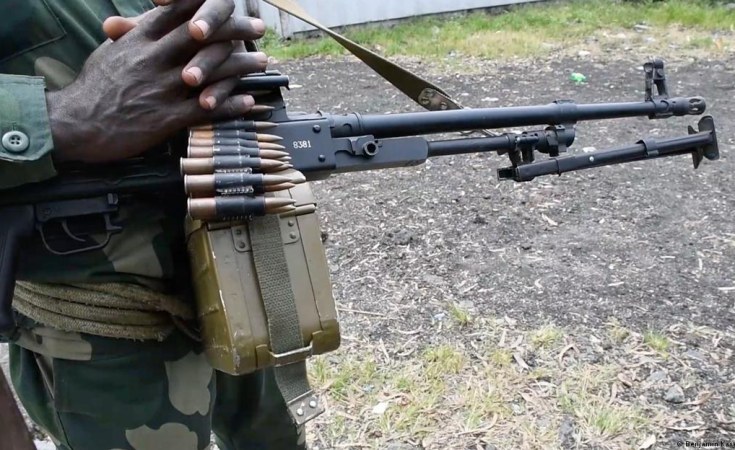Seventeen provincial members of parliament in North Kivu have asked President Felix Tshisekedi to address the root causes of the FDLR presence in eastern DR Congo as part of find a lasting solution to the situation
The FDLR was founded by remnants of the Interahamwe militia and the former Rwandan army (FAR) responsible for the 1994 Genocide against the Tutsi.
In an open letter to President Tshisekedi on Tuesday, February 28, the lawmakers asked him to "analyse the root causes of the prolonged presence of the FDLR and ADF [a Ugandan armed group] in order to return them to their countries of origin."
Rwanda has long denounced the collaboration between the Congolese army and the FDLR, which threatens its security.
The Luanda summit of regional heads of state in November 2022 ordered the disarmament and repatriation of the FDLR, but there are no signs of the group disarming.
For more than two decades, the UN-sanctioned terrorist group has launched attacks on Rwanda, and is accused of spreading genocide ideology in eastern DR Congo, a fact linked to the current conflict with M23 rebels.
In a statement on Wednesday, Congolese opposition politician Martin Fayulu demanded the United Nations and the African Union to "remove" the FDLR elements from eastern DR Congo.
In December 2022, the M23 captured FDLR elements fighting alongside the Congolese army.
Recently in February, FDLR's former vice president and founding member, Straton Musoni, who was deported to Rwanda in October 2022, told journalists that the Congolese political and military leaders helped create the group and their cooperation has continued over the years.
In the context of the current conflict pitting the Congolese army and the M23 rebels in North Kivu, the lawmakers also asked Tshisekedi to support "a peaceful resolution" of the crisis to avoid further suffering. They also asked the rebels to disengage.
After analysing the current security crisis in the east of the country, in an open letter to President Tshisekedi,
The lawmakers said they were concerned that the war with M23 had taken a "tribal-ethnic character."
In January, the UN special advisor on genocide prevention, Alice Wairumu Nderitu, said eastern DR Congo civilians are killed based on their ethnic identity, which serves as a warning in a region with genocide history.


